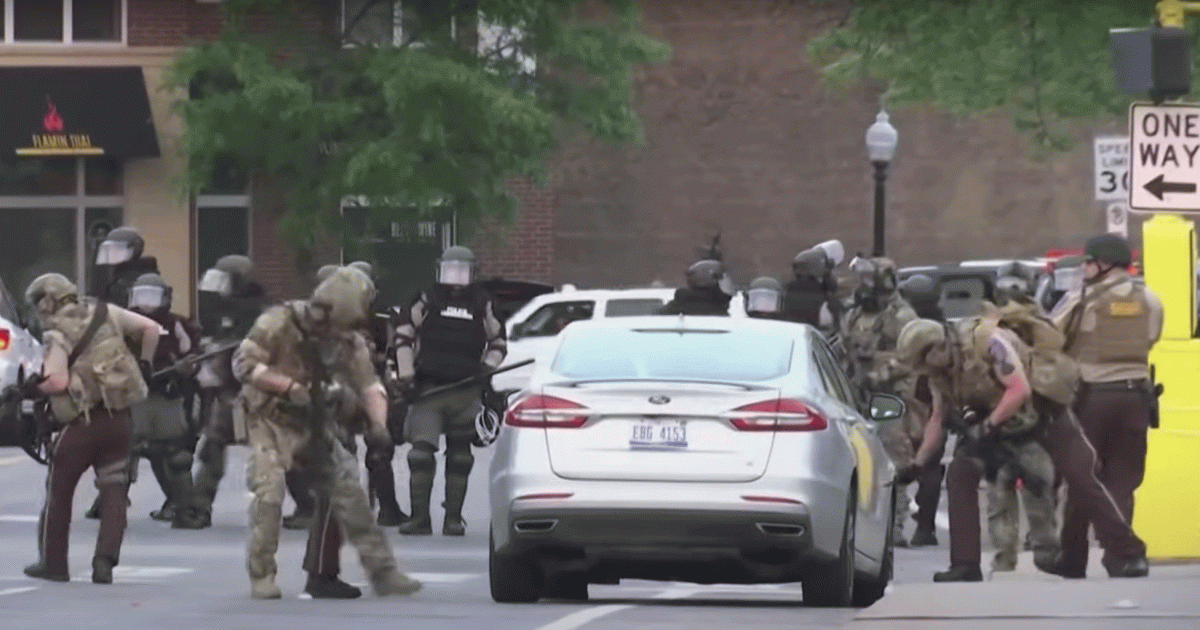I've been talking to an old friend from college recently. She was once the most Democratic Democrat I knew. In the last few days, she's scoffed at reform, denounced progress, and rationalized arson, all to stake her position against the evil capitalist system. Otherwise a perfectly kind person, but the communists are getting to her, and I'm very, very tired of the communists.
There are four books you should read to understand this current state of affairs, only one of which directly pertinent to this topic but all are highly illustrative. The first being The New Jim Crow, which I actually struggle to justify mentioning as it only provides an incomplete picture, historically, socially, or economically. The other three being Dying to Win: the Strategic Logic of Suicide Terrorism by Robert A. Pape, Making Sense of the Troubles by David McVea, and Palestine: Peace not Apartheid by Jimmy Carter.
There's a fifth but I cannot remember the title, but it's about the Algerian War of Independence. I think it may be Algiers: France's Undeclared War by Evan Martins, but don't hold me to it.
The thing is, there is a massive hole in our current understanding of racial relations in the US between the Civil War and the civil rights movement, and Jim Crow alone does not fill it. Convict leasing, on the other hand, does. And it was not only widespread in the South but North, and was used not only by plantation owners to replace freed black slaves, but northern industrialists as well especially in the coal, steel, and rail industries especially for strikebreaking and union-busting purposes. Culminating in the Red Summer of 1919, which was greatly aggravated by the use of black scab labor by largely northern industrialists for the express intent of stoking racial tensions between labor and black Americans.
The sudden, strange rise of the war on drugs in the wake of the civil rights movement makes a hell of a lot more sense, when you realize black impressment, disenfranchisement, and forced labor never actually ended to begin with. But rather, found alternate means by which it may be justified to the masses, and in fact has been exploited by capital to set labor and civil rights against one another.
So, where do the books on Northern Ireland, Algeria, Palestine, and suicide terror enter the equation? Because civil rights movements, and asymmetrical wars for liberation, are best understood in
economic terms. The United Kingdom and France didn't give up their territories willingly nor have they ever, nor did Spain or any other colonial power one might otherwise cite, and nor will Palestine. The expense of empire simply became prohibitive; the cost of military occupation and suppressing resistance, and manufacturing consent in the case of western liberal democracies, outweighed the benefit. Those countries' populations grew fatigued of bearing the cost in terms of lives, perception, materiel, and money, and popular consent for occupation weakened.
This is why rioting, looting, and property destruction aren't just the rational course of action, they're the most strategically logical in the face of a population among whom consent for neoslavery has been manufactured, and neoslavery idealized to the point of normalization. It drives the material, fiscal, social, and political cost of militarized policing to a point of unsustainability. The word "militarized" being key, because the current militarized state of police indicates one might consider the current civil rights movement parallel to a national liberation force resisting military occupation, granting further weight to that argument the strategic logic of national liberation applies as opposed to that of a political movement seeking to effect policy.

